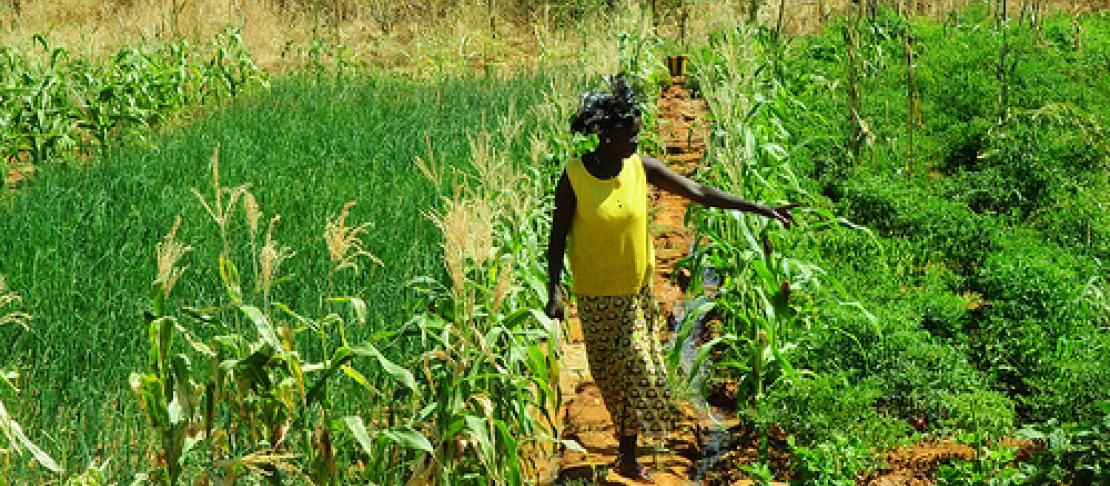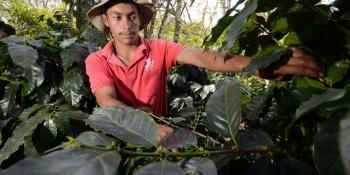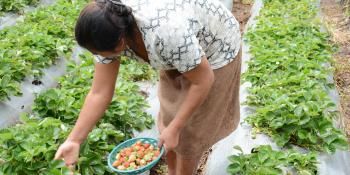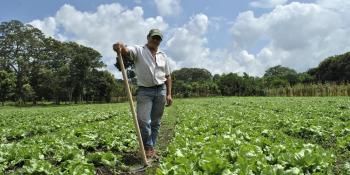How can we make climate information work for agriculture?

By Lisen Stenberg
Agricultural production depends heavily on the climate, particularly in developing countries where rainfed agriculture is predominant. Therefore, information about changing environmental conditions is essential for any decision-maker in agriculture. When information is lacking, farmers have limited capacity to prepare for extreme events such as floodings and drought. When faced with uncertainty, there is a risk that farmers favor precautionary actions that protect them from the effects of environmental extremes, rather than making important investments in technology that could raise their productivity and income in the longer-term.
The provision of climate information in developing countries has improved since the mid- 1990s, and today most countries offer their citizens basic meteorological services such as weather forecasts. However, agriculture requires both long- and short-term predictions, for the various steps in the farming process. Also, already established meteorological services often fail to reach many poor people in countries with weak and deteriorating infrastructure.
In a guest article published in World Politics Review, Climate Change, Agriculture and Food Security's (CCAFS) researcher James Hansen outlines important steps in improving climate information systems, on a global as well as a local level. He puts emphasis on the need to provide meteorological observations from the past in order to predict changing conditions in the future. This process also requires international cooperation.
Dr. Hansen writes:
“There is certainly room for investment to address gaps in meteorological observations. New investment in observing infrastructure, and particularly automatic weather stations, is needed to reverse the decline and improve near-real-time monitoring. But new infrastructure cannot address gaps in the historical record. Ongoing investment is making some headway in rescuing and digitizing older paper archives. This needs to be accelerated and in some cases extended to include older records that may reside in former colonial powers”.
Read the full article: Making Climate Information Work for Agricultural Development. World Politics Review, 21 February 2012.
Lisen Stenberg is an intern at CCAFS Coordinating unit.


